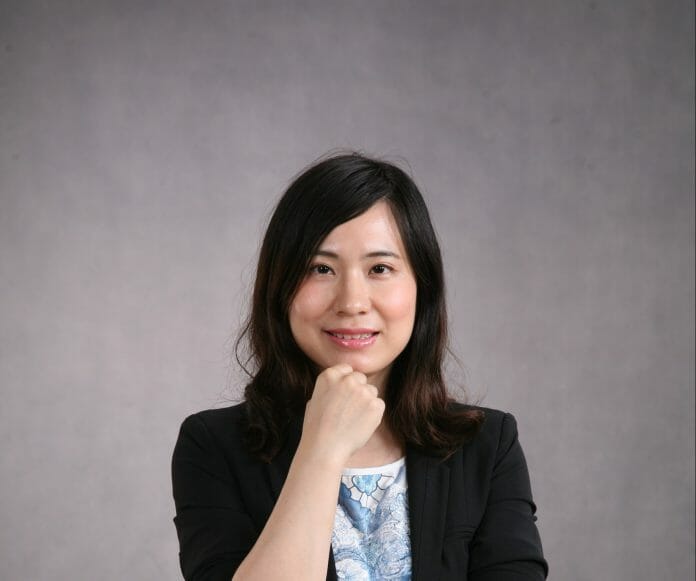Based on an IPSOS report from 2020, Malaysia ranked first among 28 countries in terms of anxiety, owing largely to changes in work routines, implying that Malaysians are not only affected by the pandemic but also by its mental health consequences.
Founder of OKRs Coaches Catherine Chen says, “According to the report released by IPSOS at the end of 2020, Malaysia has the highest level of anxiety among the 28 counties surveyed. For example, 67% of Malaysian employees have increased stress due to changes in work routines and organizations, while the global average is 55%.”
Objective & Key Results
The concept of Objective & Key Results (OKRs) is often associated with western companies due to the misconception that it originated in the United States, but the truth is that both Asian and Western companies face similar challenges around the world.
“We used to think that Objective & Key Results(OKRs) is originated from the US, so it works better for western companies.
“Companies worldwide face common challenges like employee engagement, employee motivation, alignment between company goals and employees’ goals.
“Many companies use the top-down approach to cascade the company’s top-level goals to different levels of employees. This goal-setting process seems boring to employees because whatever they receive from their boss is not a shared goal but a task.
“The side effects of this top-down goal-setting approach are: when your employees reply too much on you to tell them what tasks they need to do, they have the mindset of “I do it for you”,” she says.
On the contrary, according to Chen, the implementation of OKRs will have a positive impact on employee productivity because they will feel a sense of alignment between company goals and personal goals.
“However, if you use OKRs, this positively impacts your employees’ productivity because they feel they are part of your company’s goals.
“If they are involved in the goal-setting process, and there is an alignment between company goals and individual goals, they will have the mindset of “I do it for myself,” she explains.
One-to-One Meeting
Employees have been able to return to work from home as a result of the relaxation of COVID-19 restrictions, which has been a huge help in restoring their mental health by building trust in one-on-one meetings.
“Many employees feel lost in the dark and cannot be seen by anyone. They have no courage to ask for help, and they feel helpless.
“If you have employees who start to work from the office, you can build a trusting culture by having one-to-one meetings.
“During this meeting, you will be aware of their workloads, understand what they want and need from you, share your feedback and advice, and give them recognition.
“The one-to-one meeting with care increases transparency and creates a safe place for your employees to feel heard and appreciated,” she says.
Chen highlighted that for some employees, balancing work and personal life is impossible because their anxiety has caused them to become burned out without even realising it due to long working hours.
“They (employees) go through their days by thinking of a mile-long task list to complete. They think if they can work longer hours, they get more done. But in reality, their productivity drop, stress levels increase, and they have very minimal energy,” she says.
Value-Driven Mindset
Chen emphasizes one of the compelling advantages of OKRs: it creates and trains employees to have a value-driven mindset rather than a task-driven mindset.
In the value-driven mindset, employees will always question themselves which route is the minimum solution that can bring out the most abundant in their execution.
“If they have a value-driven mindset, they will ask themselves: am I working on the right things? What value does it create for the company and its customers? If the things I am working on do not add much value, do I continue to do it, or do I need to find out what’s truly important and why?
“With a value-driven mindset, your employees will be able to prioritize high-quality outcomes, and they will focus on those works that will have the impact and are best aligned with your company goals.”
“Employees are more fulfilled and happier because now they can achieve more by doing less. That’s how they can balance their time between productivity and personal wellness,” she says.
Iffah Salleh contributed to the article









